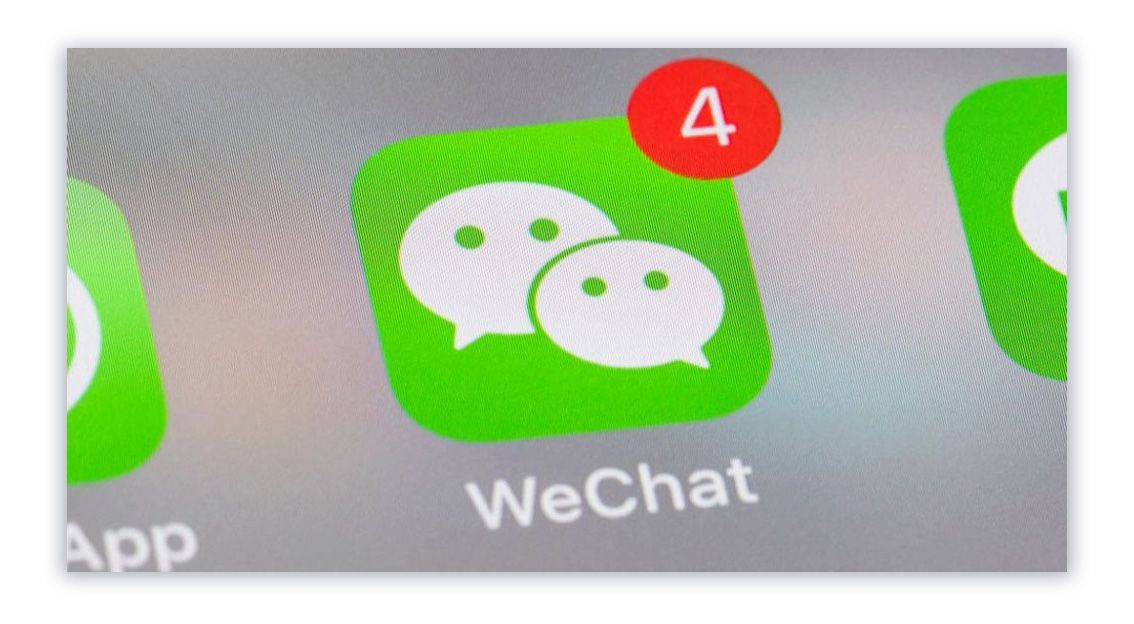4 steps to launch your game in China

Entering the Chinese mobile market is a fantastic opportunity for game and app developers and distributors. Half of China plays mobile games, according to a report by QuestMobile. China’s domestic game market is expected to grow to $41.5 billion in 2023. In this article, we’re going to provide you a list of 4 steps to launch your game in China. Along the way, we’ll try to clear up the minefield of confusion that surrounds entering the world’s largest mobile market.
Partner up

The fact of the matter is that in order to publish your creations in China you’ll need a local partner (like APPTUTTi). Many developers and publishers choose to work with local partners to help with the challenges and obstacles that they may face during their publishing journey. Previously this would involve local Chinese companies, and this alone could create certain cultural and language barriers. However, there are companies that provide all of the help and partnership abilities you need to enter the massive market, without the cultural and language barriers previously mentioned.
Of course, there will still be some developers and companies that consider entering the Chinese market by themselves. While it is technically possible for them to accomplish this feat, we strongly urge all those interested in releasing their creations in the Chinese market to find a local company/entity to partner with, in order to assure the best chance of success.
📝 Get more information about partnership
Localization or culturalization?

Localization, put simply, is the process of making your creation compatible with the Chinese market and consumers.
Some localization aspects to consider:
- Translation. Simplified Chinese is necessary for any creation. It is true that the English speaking population in China is increasing the vast majority of players and consumers will interact and need simplified Chinese in order to best experience your creation.
- Foreign social networks. Social media such as Google, Facebook, Instagram, Twitter, and more, aren’t able to be accessed in mainland China. Many games have these integrated into them. When localizing your game to China it will be necessary to remove and replace the foreign social media networks with local equivalents.
- Ad networks. Developers want to make money from their creations but what ad networks can be used to monetize your creations in China? Many foreign ad networks aren’t compatible with mainland China. In order to localize your game and monetize it efficiently, you’ll need to integrate local Chinese ad networks in order to show ads that the consumers can understand and click through.
Knowing the ecosystem of China

The digital ecosystem in China is unlike many other parts of the world. Over half of China’s population plays mobile games for instance. With the prevalence of accessible smartphones, most of the population can play mobile games. Coupled with the fact that China has a comprehensive and relatively cheap 4G and 5G infrastructures, it means that mobile gaming in China is huge. Mobiles are so ingrained into the Chinese ecosystem that most payments in China are done through smartphones. WeChat for instance, the main communication app in China has over 1 billion daily active transactions.
When publishing your apps and games in China it’s important to integrate the social platforms commonly used in China.
Logins: Most foreign social platforms are not permitted in China. No Twitter, no Facebook, no Google, so you need to integrate local social media networks into your apps and games. WeChat, Weibo, QQ, Douyin (Tiktok) are just some of the logins used in the Chinese mobile market.
Payment: For your game to make money and be launched in China, you need to integrate store payment options. Foreign payment methods (VISA, Mastercard etc) are not used in China, instead, the payment options include WeChat Pay, Ali Pay, Union Pay and more.
Publishing can be more complex than other markets

It’s important to not underestimate the challenges of publishing your games in China. China is, of course, a large and lucrative market for game developers, but it has some entry barriers too. A survey, asking game publishers about their experiences of launching games in China found that 66% of the companies that responded had found it harder than they expected.
Games that do successfully publish in China can reap significant rewards. The right support from local partners, careful planning, and more research into the Chinese mobile market can be key to game developers looking to publish in China.
Written by
Aaron Denford, Marketing Manger at APPTUTTi




